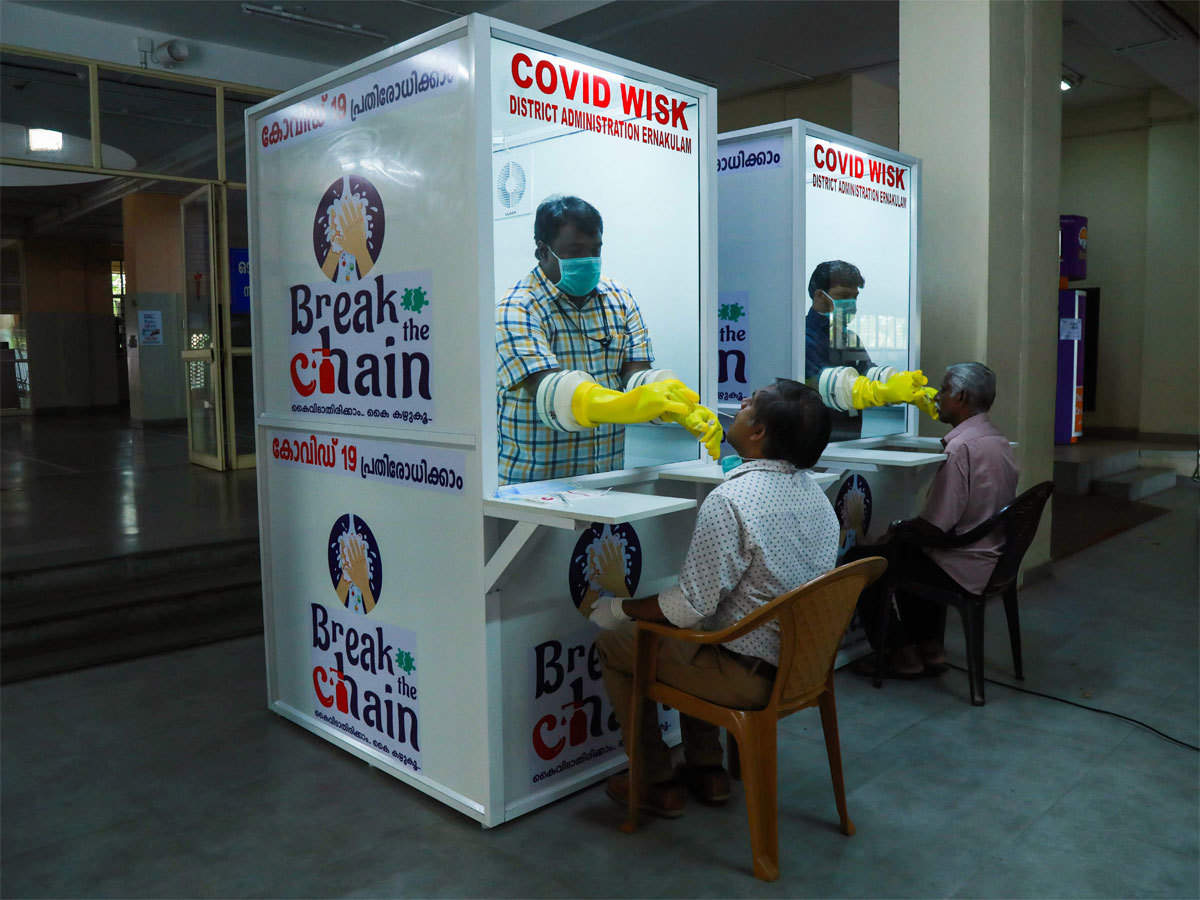New Covid variant found in India : Experts

The BA.2.75, the new Covid-19 sublineage detected in India, may fuel fresh infections, said experts. They said it has unique mutations, which increase chances of infection in people so far protected, and that broader genomic surveillance is needed to better understand its epidemiology.
While the government is yet to confirm the presence of the new sublineage, Shay Fleishon, from the Central Virology Laboratory at Sheba Medical Centre in Tel Hashomer, said in a series of tweets on Sunday said that 85 sequences from eight countries had been uploaded so far on Nextstrain, an open-source platform of genomic data. These included 69 from India – Delhi (1), Haryana (6), Himachal Pradesh (3), Jammu (1), Karnataka (10), Madhya Pradesh (5), Maharashtra (27), Telangana (2), Uttar Pradesh (1) and West Bengal (13).
Experts said it is yet to be seen if the new sublineage is more contagious. “We don’t know enough. Just a few sequences with no associated epidemiology, as far as I know,” said virologist Shahid Jameel of the University of Oxford.
Jameel said BA.2.75 has several mutations in the spike protein, of which two are unique to it when compared to its parent strain BA.2.
“These are G446S and R493Q. G446S is one of the most potent sites of escape from antibodies made by current vaccines that still neutralise BA.2. So it increases chances of infection in people so far protected,” he said.
He said while the numbers are still low, the rapid increase suggests a “growth advantage” and that “this may fuel fresh reinfections and keep the pandemic going”.
Latest data from SARS-CoV-2 genome sequencing in the country has, however, shown that the BA.2 sublineage of the Omicron variant continues to be dominant.
The experts of the Indian SARS-CoV-2 Consortium on Genomics (INSACOG) will meet on Friday to review the data. So far they have found that BA.2 has been detected in 85% of the sequenced samples. The other sublineages, including BA.4 and BA.5, were found in less than 10% of the samples while sublineage BA2.38 was found in 30% of the samples.
“The good news is that none of them are causing any serious disease. The bottom line is that the new sublineages will keep arising as there is continuous upgradation of the classification process,” said NK Arora, chief of the Covid-19 working group. “Fortunately, none of these sublineages are associated with severe disease, risk of hospitalisation or death. Insacog is closely monitoring the existing sub-lineages as well as keenly looking for new mutations.”
Gautam Menon, professor of physics and biology at Ashoka University, said it is a bit early to say if BA.2.75 shows increased transmissibility and immune escape relative to BA.4 and BA.5, both of which currently appear to be dominant in much of the world. “That said, it is certainly worth keeping a track of the spread of this variant in India,” he said.
Experts also do not know yet whether or not the new sub lineage affects the lungs. “There is no evidence regarding BA.2 and its sub-lineages having greater predilection for respiratory illness,” said senior epidemiologist Giridhara Babu.
Beyond the usual precautions, however, Anurag Agrawal, chair of the World Health Organisation’s Technical Advisory Group on Virus Evolution, suggested that elderly people should get boosters.




